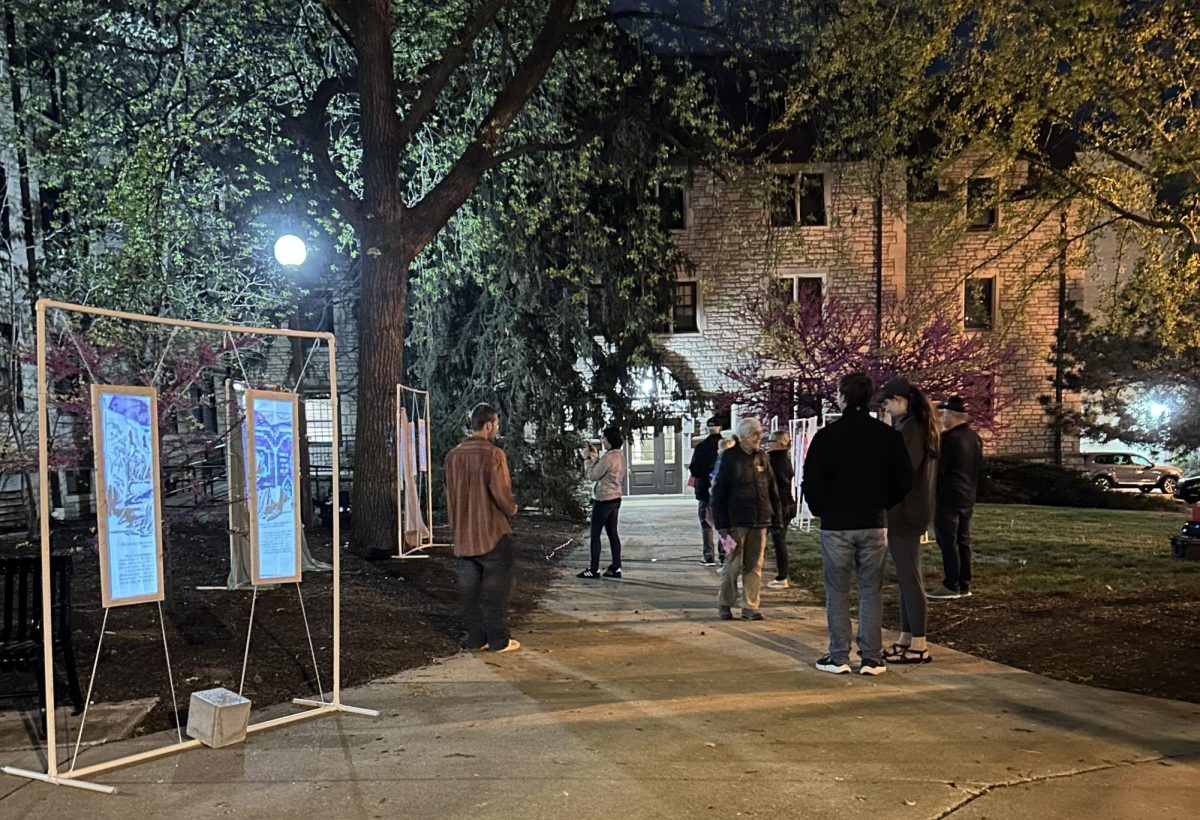Following the UM System Board of Curators’ firing of former assistant communication professor Melissa Click, MU was censured by the American Association of University Professors, a move some saw as indicative of a lack of academic freedom at the university.
When Click was fired, she was mid-way through the process to become a tenured faculty member. The AAUP’s website states that, historically, the idea of tenure is to protect a professor’s academic freedom.
In an MU Faculty Council handbook, in a section titled “The Purpose of Tenure,” the late professor David West said he believes tenure “provides academic freedom, enables faculty governance, and requires professional responsibility.”
“Tenure confers the right and authority to express our views, even when they are unpopular, without undue fear of administrative reprisal,” West wrote in the handbook. “Academic freedom applies in the classroom, in research or print, and during faculty deliberations.”
Faculty Council Chairman Ben Trachtenberg said tenure gives MU another tool to recruit talented professors to teach.
“It’s easier to convince me to work for a certain salary if I get a promise from the university that, if I behave well, I have tremendous job security,” Trachtenberg said. “From the professors’ aspect, if the university is trying to recruit someone to move across the country to a new place, put down roots in the community, it’s going to make the professor a lot more confident, more willing to dig into the job if there is that hope of tenure.”
Obtaining tenure is a multistep process that involves reviewing the candidate’s accomplishments and experiences over the course of their career.
According to the UM System Collected Rules and Regulations Chapter 310.020, the process starts with tenured faculty writing external review letters for the candidate. External review letters are reviews written from a professor at a different university specializing in the candidate’s field about the work done by a candidate.
Then, the candidate’s tenured colleagues in their department will vote on the satisfaction of their performance based on the external review letters and their own opinions of a candidate’s work.
After a vote, the department chair will write a letter about the review of the candidate and the vote. The department chair also ensures that the candidate’s dossier, which includes external review letters, evaluations, their CV and other information, is complete before being forwarded to the next step, according to the Office of the Provost’s website on tenure.
According to the rules and regulations, the process then continues to a college-wide committee, such as a group of faculty from the entire College of Arts and Science. This places a system of checks and balances on the power of one department and applies a uniform system in place for tenure to be given, Trachtenberg said.
After the college-wide committee votes, the dean of the college writes their recommendation of the particular candidate. Next, the Campus Promotion to Tenure Committee, which includes faculty from all colleges and schools at MU, reviews the candidate’s dossier. The committee makes a recommendation to the provost, who then gives a recommendation to the chancellor.
The chancellor has the final say on who receives tenure.
A professor’s tenure can be taken away through the post-tenure review process. The post-tenure process reviews the work a tenured professor has done since receiving tenure. This provides a mechanism to push professors to still merit their long-term employment at MU, Trachtenberg said.
“I say we could probably do a better job of documenting our post-tenure review, of making those reviews constructive,” Trachtenberg said. “The Intercampus Faculty Council, which has three members from each of the four campuses in the UM System, has been working, in fact all last year, on a white paper on post-tenure review trying to recommend how to do a better job.”
The council has come up with ideas such as having more constructive criticism and collecting the post-tenure review standards for each department to make them easier to locate and learn from, Trachtenberg said. These ideas are still in their draft form, he said, and will be presented to faculty at each of the four UM System campuses before being approved.
_Edited by Claire Mitzel | [email protected]_











